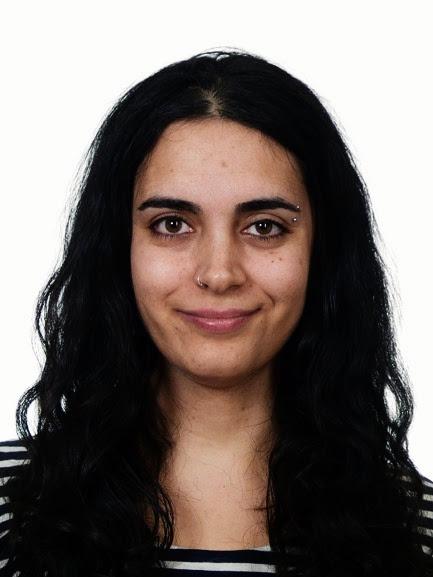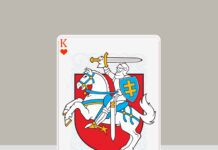Universal Music Group announced a landmark agreement with Udio, one of the fastest-growing AI music platforms.
The deal allows Udio to access licensed material for developing generative models that can compose songs from text prompts. It also settles the copyright infringement lawsuit UMG filed against the company alongside Sony and Warner in June 2024.
The partnership marks a turning point in how the global music industry confronts artificial intelligence. Instead of fighting every new platform, the biggest label in the world has decided to collaborate. This signals that the business of creation may soon depend on code as much as craft.
Udio’s technology can generate full songs, complete with lyrics and vocals, in seconds. Its rise follows a wave of controversy around AI-generated tracks mimicking the voices of real artists. By joining forces with Udio, UMG says it wants to ensure that musicians are fairly compensated and that their data is used ethically.
Critics, however, worry the line between protection and exploitation is growing thinner.
Europe’s Role as Regulator
Once again, Europe finds itself in the position of rule-maker.
The EU AI Act, which entered into force in August 2024, will require transparency on how creative datasets are built and how artists’ rights are respected. Most provisions apply from August 2026, with full compliance required by August 2027.
This puts the European Union ahead of other regions in setting ethical standards for AI in culture. But regulation moves slower than innovation. AI platforms are evolving at a pace few legal frameworks can match. The risk is that by the time the rules arrive, the market will already belong to the algorithms.
The European Parliament has called for a human-centric approach to creative AI, but smaller artists fear that large corporations will shape the outcome. The balance between protecting intellectual property and encouraging innovation remains fragile.
The Forgotten Musicians
The ones most affected are rarely the stars under major labels, but independent artists and producers whose sounds, samples, and vocals are scraped into datasets without consent.
Music has always borrowed, from sampling to remixing. Yet AI turns imitation into infrastructure. When a song can be generated instantly from millions of existing works, the question is no longer about talent but about access to data.
We live in an age that values productivity over authenticity. The market does not ask whether a song feels real, only whether it sounds familiar enough to sell. AI has made it easier than ever to create, but harder to stand out. In this sense, the problem is not technology itself but the erosion of space for human distinctiveness.
Creativity in the Machine Age
There is still optimism. Some European artists use AI as a collaborative tool, training systems on their own compositions to explore new sounds. Festivals in Berlin and Amsterdam already feature hybrid performances mixing human improvisation with algorithmic composition.
This shows that creativity and technology need not be enemies. What matters is who controls the process and who profits from it. If the coming years define how AI reshapes music, Europe’s response will help determine whether the result is cultural homogenisation or a new form of artistry.
The tools are global, but the ethics are local.
The Sound of Tomorrow
Music has always reflected its era: vinyl for the analogue age, streaming for the digital one. AI may be the soundtrack of automation, but it also forces a question about value. When a computer can compose heartbreak, what becomes of emotion? When anyone can generate a song, what does originality mean?
Europe, through its regulations and its culture, now faces a chance to prove that technology can amplify humanity rather than replace it. Because the real question is not whether AI can make music.
It is whether we will still recognise the human in it.
Keep up with Daily Euro Times for more updates!
Read also:
Eurovision Autotune: Who is Really Singing?
Saudi’s AI Paradox: Future-Proofing Without an Environmental Plan
New Frontier of Creativity, Embracing AI Technology in Visual Art






